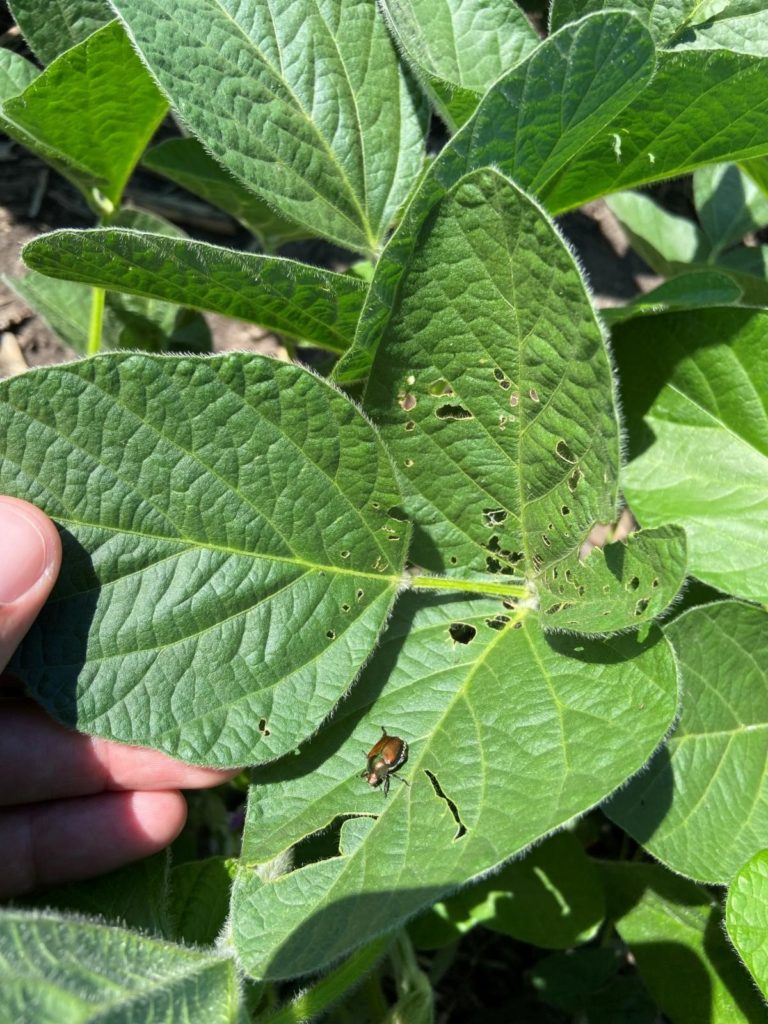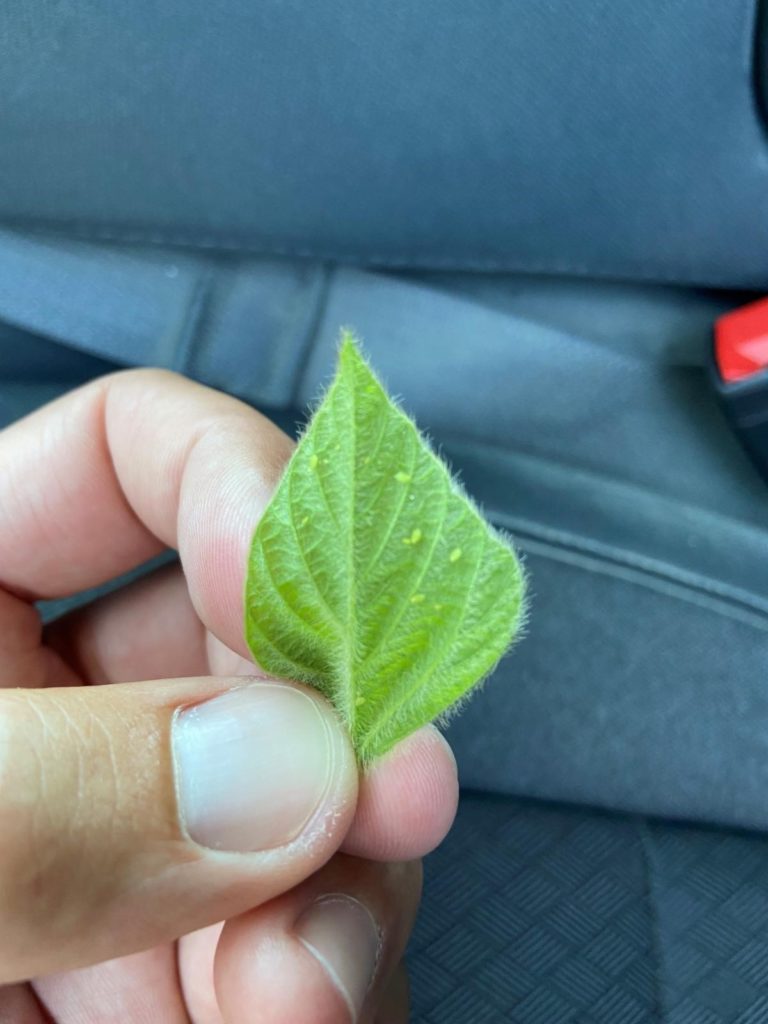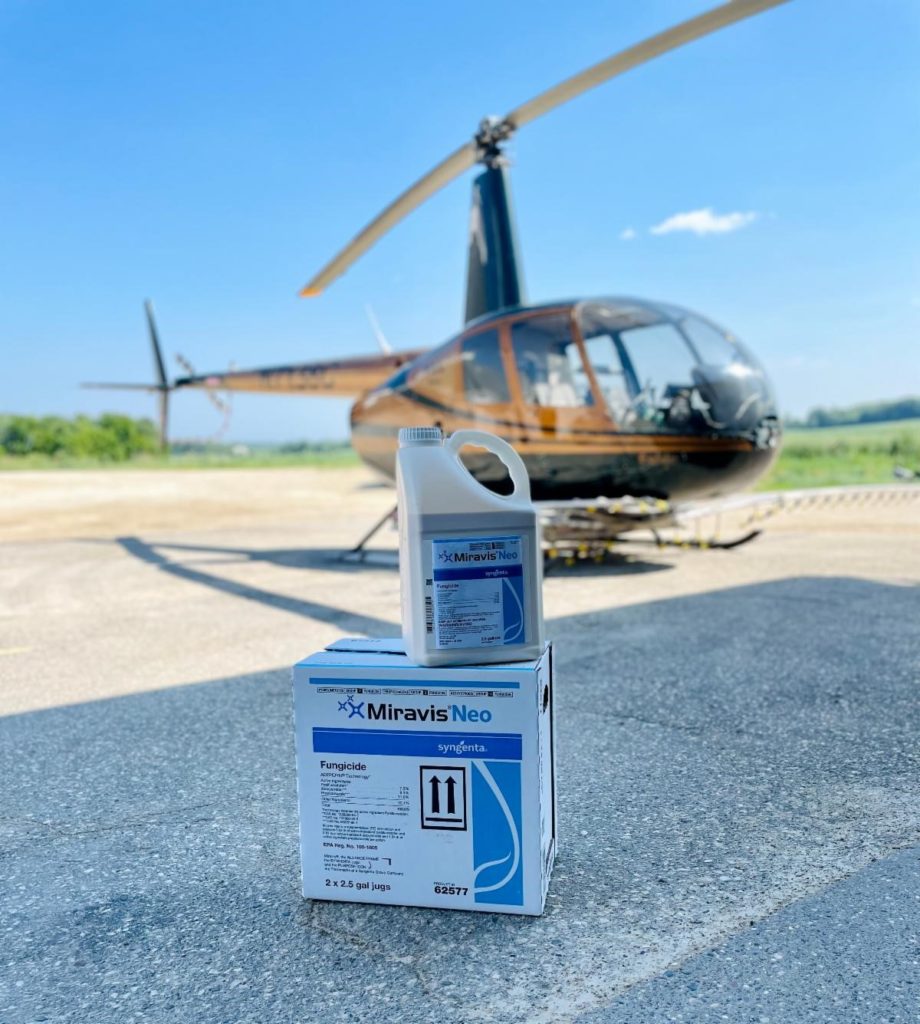
The one-stop-shop to hearing everything you need to know about what is happening in your fields this week.
This week’s featured agronomists are:
Jake Heitshusen – Le Sueur
Tyrell Treptow – Goodhue
Justin Schaefer – Wanamingo
Matt Kimm – Stewartville
Kirsten Rinholen – Ellsworth
Scroll down to hear from your local agronomist.
WEST
Belle Plaine – Le Center – Le Sueur
 Jake Heitshusen
Jake Heitshusen
Here to the west, we are on the dry side in most places and everybody would take a couple inches of rain to help us through pollination. As we all know heat and drought stress are the two biggest risks to having successful corn pollination. The U of M suggests that under adequate soil moisture conditions and heat stress will begin to affect pollination at 92 degrees and under drier conditions at 86 degrees. The good news is that the plant produces up to 25 million pollen grains over the 6–10 day period, per plant- to fertilize the 600-1000 potential kernels it will produce. This means we have great odds to get good pollination even under less-than-ideal conditions. Fungicide can also help with drought stress as it helps regulate the stomata, which are basically the windows to the plant. Water vapor is lost as the plant uses it and fungicides like Miravis Neo helps keep more of those “windows” closed, allowing the plant to operate with less water than normal. Feel free to ask your local agronomist about any questions you might have about this and for more information about heat stress & fungicide use.
EAST
Pine Island – Cannon Falls – Goodhue – Lake City
Tyrel Treptow
@umntyrizzle
CENTRAL
Morristown – Wanamingo – Kenyon
 Justin Schaefer
Justin Schaefer
Yield potential for both corn and beans look to be very promising in our area. Soon you will see helicopters and ground sprayers out protecting that yield!
More and more fields are showing tassels every day, which marks the start of our busiest part of the corn fungicide season. Many of you have a plan in place and if you haven’t already, take some time to talk with your agronomist to confirm acres to be treated. Thanks to all of you, our AYS precision team has compiled a long list of corn hybrids and how they respond to fungicide. Therefore, if you are thinking of targeting a field or two, please reach out and we can help steer you in the right direction.
Fungicide and insecticide season in soybeans is also quickly approaching. Aphids are getting much easier to find, as are defoliating insects like Japanese beetles. Below are pictures of each. We will continue to monitor populations of both these pests.
Enjoy the rest of summer!!!
 |
 |
| Japanese beetle | Soybean aphids |
SOUTH
Elgin – Lewiston – Stewartville
 Matt Kimm
Matt Kimm
Fungicide application by air and ground is in full swing across our entire territory. There are many things fungicide can do that sometimes get lost in the discussion. The obvious one we focus in on is always the potential yield increase but along with that, plant health and especially late season standability are key factors when making your fungicide decision. Fungicide can also be very beneficial on mitigating stress when conditions are drier than we would like to see. On another positive note, with the heat we have seen we have caught up on GDU’s which should help move things along. Thank you and have a safe summer!

WWAS
Ellsworth
 Kirstin Rinholen
Kirstin Rinholen
Fungicide season is kicking off here in western Wisconsin. This time of year leads to many discussions for our growers and their agronomists such as ‘what kind of yield response can I estimate?’ or ‘do my hybrids have a high or low response to fungicide?’. We know the major benefits of fungicide’s disease suppression power, but we may also be wondering will the application pay if it doesn’t rain? Early reproductive stages for the corn plant see critical peaks in water use and this is when water stress can be the most damaging. Miravis Neo not only protects your corn from pathogens with its three different modes of action (Groups 11, 3, 7) but it also may improve water use efficiency which helps reduce leaf curling and water loss. All this while also while promoting drought tolerance through decreased transpiration.
Remember healthy corn is high yielding corn! Talk to your Ag Partners agronomist about fungicide benefits today.



